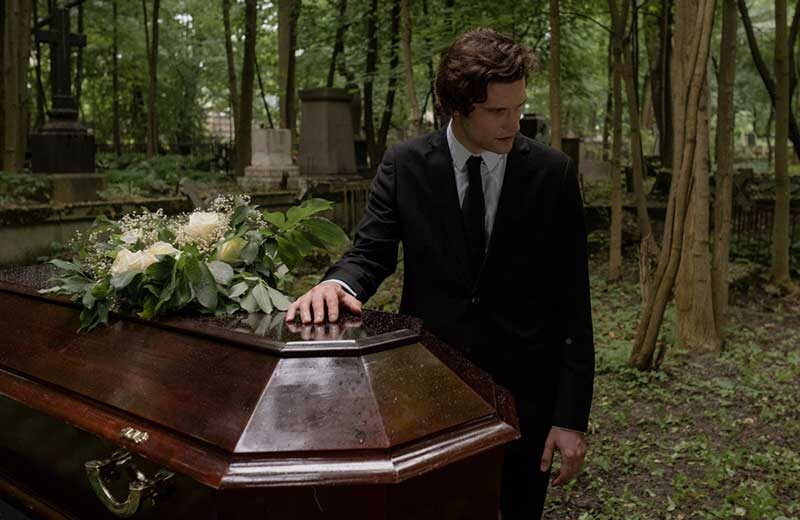When a loved one has passed away, the feeling that it generates is one of surprise and rupture. Uncertainty and disorientation grip us. It does not matter if the person was terminally ill and we had time to prepare ourselves, the impact is always sudden. For this reason, prevention takes on a relevant importance, to have at hand information and a plan to make things easier.
Music to ease the soul
Since ancient times music has been a source of comfort: it evokes moments of joy or sadness, as well as wishes for good fortune. The ancient Mexicans used to sing the Xochipitzahua, which means little flower. It was performed in all kinds of celebrations, of life and death. To this day, in many Nahuatl-speaking communities, it is used as a ritual to purify births, baptisms, marriages, santorales and funerals.
Mind and Body in Harmony
There is an old phrase that says Healthy mind in a healthy body, which was born as a prayer for the gods to help preserve comprehensive health and maintain a balance of life. By taking care to cultivate a healthy body we bring as a consequence an active and sound mind.
Prevent The Drowning
With the arrival of the hot summer, recreational activities in swimming pools, beaches, and walks to lakes, and rivers accessible for swimming become convenient. It is also time to take preventive actions to avoid drowning, which is more common than we imagine since it is considered among the 10 main causes of death among children and young people between the ages of 1 and 24, but it is a risk that everyone runs. The humanity.
World Dog Day
On July 21, World Dog Day has been celebrated since 2004. It is not an official celebration or holiday, but various civil associations, including the WHO, World Health Organization, have scheduled this date in order to raise awareness about the immense number of dogs that are abandoned or waiting to be adopted. It is claimed, according to world statistics, that up to 70% of the dog population is homeless.
The empty chair, the absent and the present
Gestalt psychotherapy, according to its scholars, offers the technique called the empty chair for the purpose of healing conflicting emotions or unfinished business that could not be resolved with certain people and is very useful when it comes to absent loved ones. The exercise in therapy consists of sitting in front of an empty chair and imagining that the person with whom we have issues to resolve is sitting there and it is about talking as if they were listening. Many people have given testimonies of a liberating experience by expressing oppressed feelings and emotions to those who for various reasons could not say them in their real presence.






